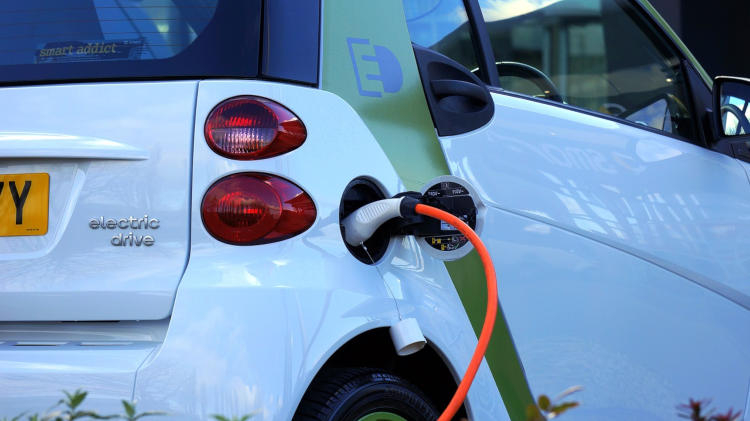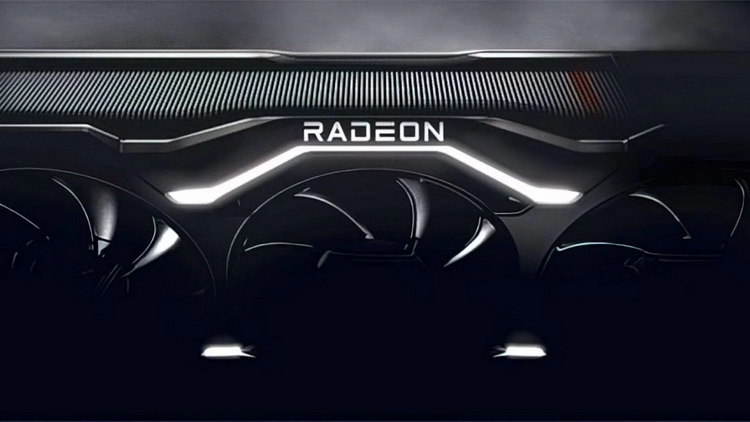
Rosatom State Corporation is going to build a plant in the Kaliningrad region to produce batteries for electric cars, the project budget is RUB 26 billion, according to Kommersant.Russia will be the main consumer of the products, but an export option is also being considered - by 2030 it is planned to bring sales of batteries abroad to $112 million.Image source: Mikes Photography / pixabay.comAccording to the government plan to develop energy storage systems, the output of domestic batteries for transport and industry could reach 2.5 GWh by 2025, and in 2030 it will be 6 GWh.The industry is expected to grow significantly in its financial indicators, too: if today the annual market is 1.4 billion rubles, by 2030 it will be 93 billion rubles.The biggest project within the framework of the above strategy will be a battery factory that Rosatom is going to build in the Kaliningrad Region - its budget amounts to 26,35 billions rubles from 2022 till 2025.The facility which will appear on the territory of frozen Baltic Nuclear Power Plant will have to produce 4 GWh of accumulators per year (approximately for 50 thousand cars) already at the first stage and then expand up to 14 GWh for more than 200 thousand electric cars after 2030.This would largely cover domestic market needs - the government's electric vehicle development concept talks about 71,000 electric cars coming out in 2026 and 217,000 cars in 2030.Russia is the main market for its products, but we are already in talks with potential buyers in the CIS and other countries.Interviewed by \"Kommersant\" Dmitry Babansky of SBS Consulting found the projected market size of 93 billion rubles by 2030 is quite realistic - it will be mainly divided between urban and commercial transport.The expert also suggested that it would be logical to attract Chinese manufacturers of electric cars as market leaders and ensure stable demand for batteries made of Russian raw materials at their expense.However, he was somewhat skeptical about export plans in today's environment - perhaps exporting batteries for $112 million would involve supplying them with finished products, such as electric buses for the Egyptian market.


0 Comments